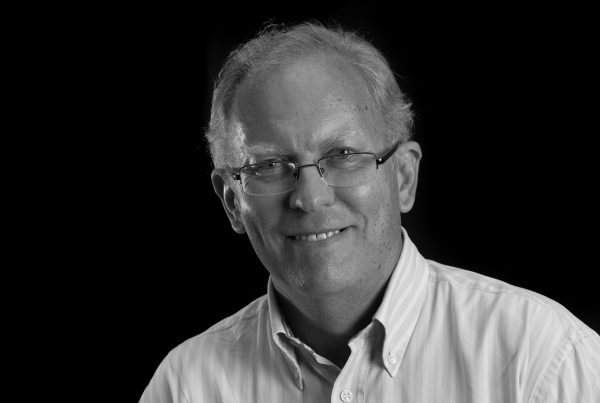Born on 7 March 1959 in Kiev, Ukraine. Candidate of Sciences (equivalent to PhD) in Colloid Chemistry, A.V. Dumanskiy Institute of Colloid and Water Chemistry, National Academy of Sciences of Ukraine, Kiev, 1983. Doctor of Sciences in Physics and Mathematics, Institute of Physical Chemistry of Russian Academy of Sciences, Moscow, 1992. ICREA Research Professor at the Polytechnic University of Catalonia, since 2007. Invited researcher/professor at Karl-Franzens Universität, Graz, Austria; École Nationale Supérieure de Chimie et de Physique de Bordeaux (France); École Supérieure Chimie Physique Electronique de Lyon (France); Universität Duisburg - Essen (Germany); Paul-Scherrer-Institute (Switzerland), etc. Member of Editorial Board of Desalination and Water Treatment (Taylor & Francis UK). Published 114 papers on theoretical and experimental studies of membranes, colloids, porous media and micro-/nano-fluidic systems.
